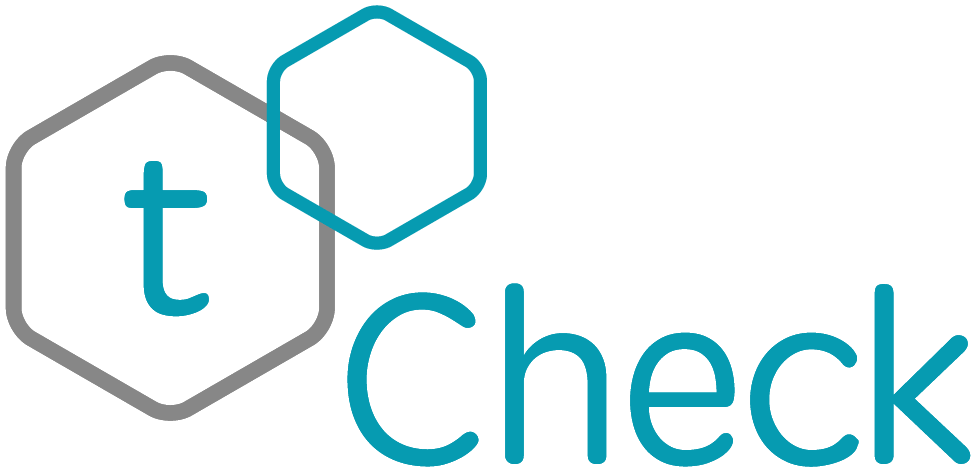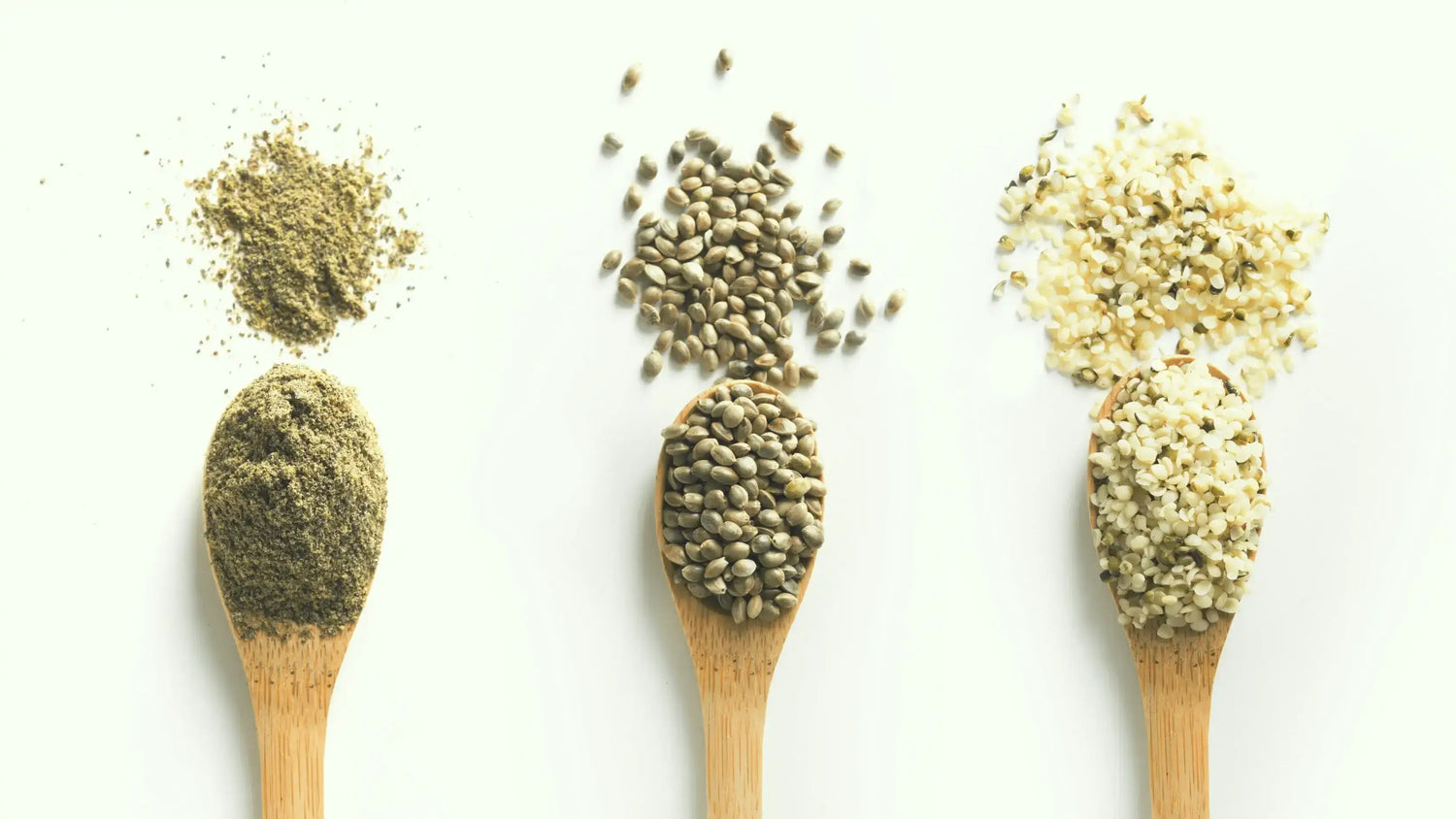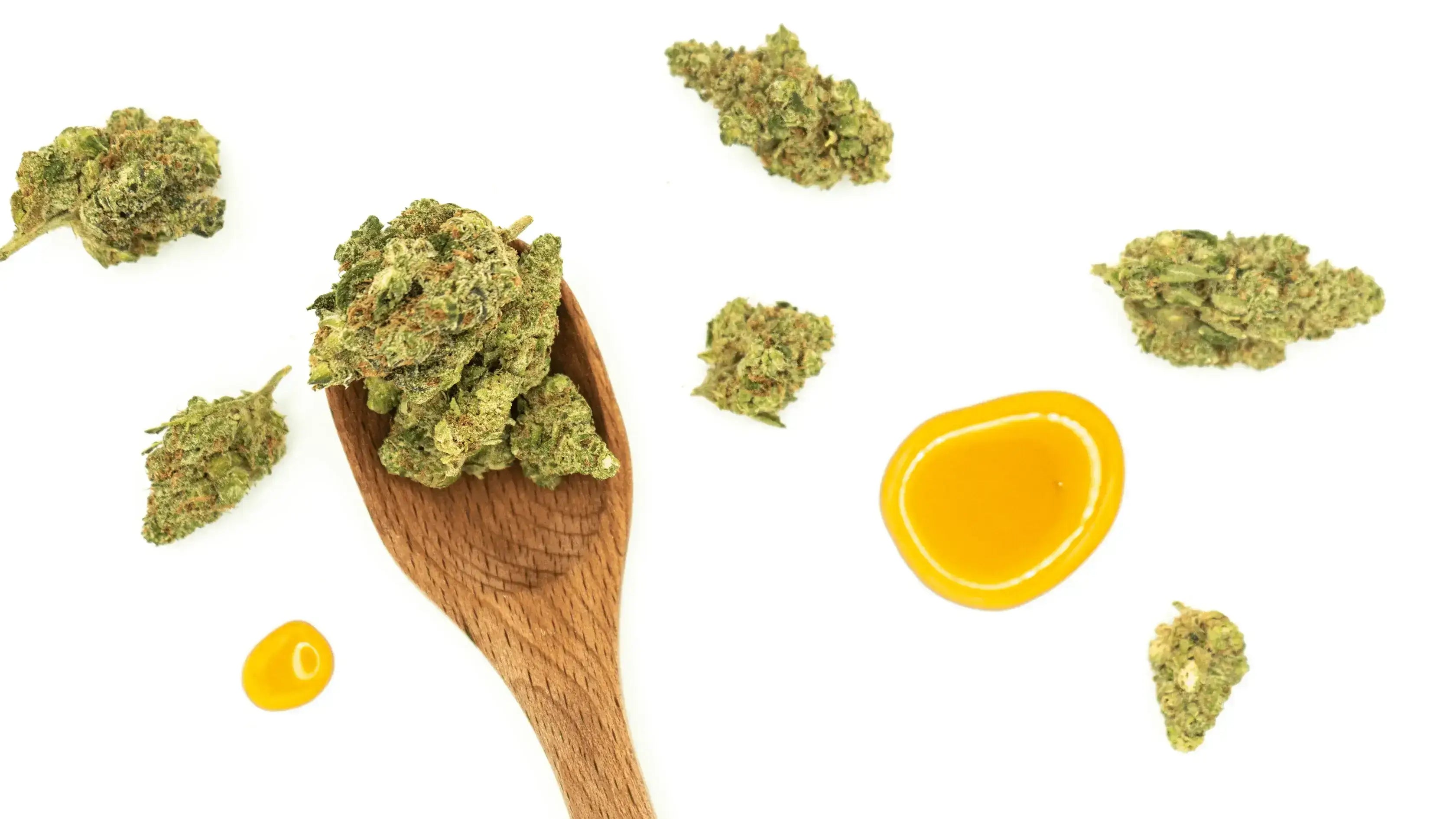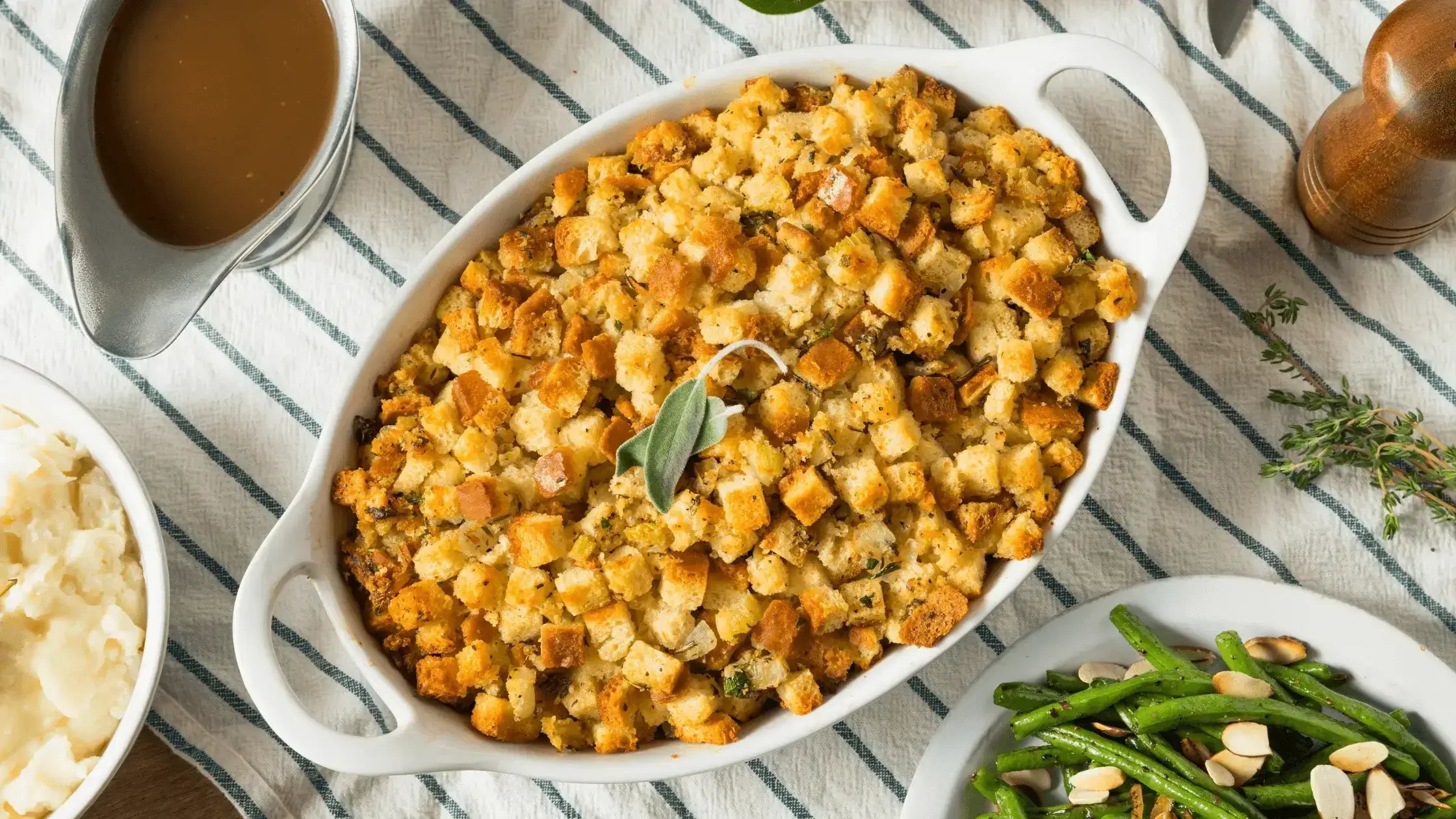Unlike THC marijuana, there’s nothing “seedy” about hemp seeds. However, for much of the 20th century, these nutritious seeds were unfairly lumped into the category of illegal cannabis products. Like CBD hemp flowers, some customers still mistakenly believe hemp seeds have psychoactive-inducing properties. In reality, the only thing hemp seeds are “high” in is healthful nutrients.
Just because hemp seeds don’t have cannabinoids doesn’t mean you should toss them in the trash bin! Not only are hemp seeds a great way to add some pizzazz to your recipes, they are filled to the brim with amazing nutrients. Even people who are knowledgeable about cannabis are shocked to discover all the pros hemp seeds have to offer.
What’s The Point Of Eating Hemp Seeds? — A Few Healthy Benefits
People have been snacking on hemp seeds for a long time. How long? Well, most historians guess that hemp seed consumption goes back to Ancient China.
While our ancestors may have eaten these seeds out of necessity, we now know that hemp seeds aren’t just a tasty way to tame hunger. More and more research suggests hemp seeds seriously deserve the status of a “superfood.” If you add just a few tablespoons of hemp seeds to your weekly diet, there’s a good chance your doctor will be impressed with the results.
Hemp Hearts Help Human Hearts
From a health standpoint, “hemp hearts” is the most appropriate nickname for hemp seeds. Indeed, most nutritionists who get excited about the benefits of hemp seeds focus on its heart-healthy aspects. That’s understandable when you consider heart disease remains the top cause of death in the USA.
So, how could hemp seeds keep our hearts healthy? A key reason has to do with an amino acid called L-arginine.
Not to get too technical, but L-arginine is a precursor to the compound nitric oxide. We need plenty of nitric oxide to ensure our blood vessels properly dilate. Not only does this prevent the formation of plaque, it helps reduce the risk of high blood pressure. As you might’ve already guessed, hemp seeds are a fantastic natural source of L-arginine.
On top of their high L-arginine exposure, hemp seeds contain generous traces of omega-3 fatty acids. Chances are you’ve already heard of these fatty acids in relation to seafood like salmon. Although fish tend to have the highest traces of omega-3s, these fatty acids are also in hemp seeds!
There’s strong evidence that people who eat diets high in omega-3 fatty acid have improved heart, joint, and brain health. The reason? Omega-3s have excellent anti-inflammatory properties. The lower your inflammation levels, the less risk you’ll have of experiencing severe issues like heart attacks or strokes.
Boost Your Microbiome With Hemp Seed Fiber
No matter how clean you think you’re eating, you could probably up your fiber intake. On average, Americans only eat about 15 grams of fiber every day. For reference, the minimum recommended dose for adults is around 30 grams.
The more fiber you have, the more regular you’ll be. However, the benefits of eating fiber go way beyond digestive regularity. New research suggests fiber plays an essential role in regulating our gut microbiome.
In simpler terms, fiber helps feed the good bacteria (aka probiotics) in our gut. Studies now suggest there’s a direct link between the diversity of a person’s gut bacteria and many other areas of health. Chances are, if you have a thriving microbiome, you will enjoy an enhanced mood, stronger immune system, and better sleeping patterns. Oh yeah, and all those probiotics are also great for digestive wellness!
One of the simplest ways to sneak extra fiber into your diet is to sprinkle hemp seeds on your food. According to most nutritionists, there’s roughly one gram of fiber per tablespoon of unhulled hemp seeds. The key word here is “unhulled,” because most of the fiber content is in a hemp seed’s shell. While de-shelled hemp seeds have many benefits, they won’t have a high fiber content.
Beautify Your Skin Health With Hemp Seed Oil
Like CBD topicals, hemp seed oil seems to be a safe, all-natural way to get glowing skin. As mentioned above, hemp seeds are a fantastic source of anti-inflammatory omega-3 fatty acids, which may have a natural anti-aging effect. However, it’s not just omega-3s that could give your beauty routine a boost.
Hemp seed oil also contains a potent omega-6 fatty acid called gamma-linolenic acid (GLA). In addition to its supposed anti-inflammatory properties, GLA may stimulate skin growth. Many people who use hemp seed oil topically notice their skin stays shiny and well-moisturized.
Interestingly, one study out of Finland examined hemp seed oil’s effects on patients with atopic dermatitis. Compared with patients given olive oil, those who used hemp seed oil noticed a significant improvement in symptoms like skin dryness and itchiness. Just keep in mind researchers tracked these survey participants for over four months. Still, these study results strongly suggest hemp seed oil may have a valid place in every dermatologist’s toolkit.
Do Hemp Seeds Have Any CBD?
Hemp seeds have dozens of impressive vitamins, minerals, and fatty acids, but they don’t contain CBD. In fact, hemp seeds don’t have any cannabinoids. Hemp plants always have the highest concentration of cannabinoids in their buds and surrounding “sugar leaves.”
If you want to be technical, only unpollinated female hemp flowers have high traces of cannabinoids in their buds. This is why there’s a distinction between CBD hemp and industrial hemp cultivation. Plants grown for high cannabinoid content need to be pre-sexed and require more time, space, and attention versus fields of mixed industrial hemp crops.
While it’s becoming trendier to mix CBD and hemp seed oil, please know that the CBD never comes from these seeds. If a manufacturer claims to offer a CBD hemp seed oil, you have to double-check where they’re sourcing their CBD.
Hemp Seed Recipes: What Are The Best Ways To Eat Hemp Seeds?
Since hemp seeds have a mild, nutty flavor, they complement almost any dish you put them in. Whether you put them on top of your morning oatmeal, power lunch salad, or pan-seared salmon filet, it’s easy to garnish your plates with hemp seeds. Many fitness fans also rave about adding hemp seeds to their morning smoothies. People on a vegan or vegetarian diet could easily bump up their protein by keeping some hemp seed powder on hand.
You could even make a jug of DIY dairy-free hemp seed milk. Just add about one cup of hemp seeds and three cups of water to a blender. You could try various sweeteners like stevia, maple syrup, or monk fruit if you want to add flavor. Some people also like to add dates, vanilla extract, or cocoa powder to their hemp seed milk.
Once you’ve got your ingredients in the blender, blitz it on high for about 40 seconds. When your hemp milk is smooth, pour it through a nut milk bag and squeeze out all the fluids. You could then store this milk in an airtight container in your fridge for about five days.
Add Hemp Seeds To Your Next Batch Of CBD Goodies!

Today, most people who get into DIY edibles or topicals focus on cannabinoids. However, please don’t forget that hemp seeds can be a neat (and nutritious!) addition to your favorite treats. From adding some crunch to your edibles to enhancing the moisturizing effects of your topicals, there are many innovative ways you could use hemp seeds and hemp seed oil.
As you’re experimenting with CBD or hemp seeds in your kitchen, please don’t forget to keep track of the total cannabinoids. Having a handy tCheck scanner nearby will make it easy to keep track of your daily dosages. Read more details on our tCheck THC & CBD potency scanner.









